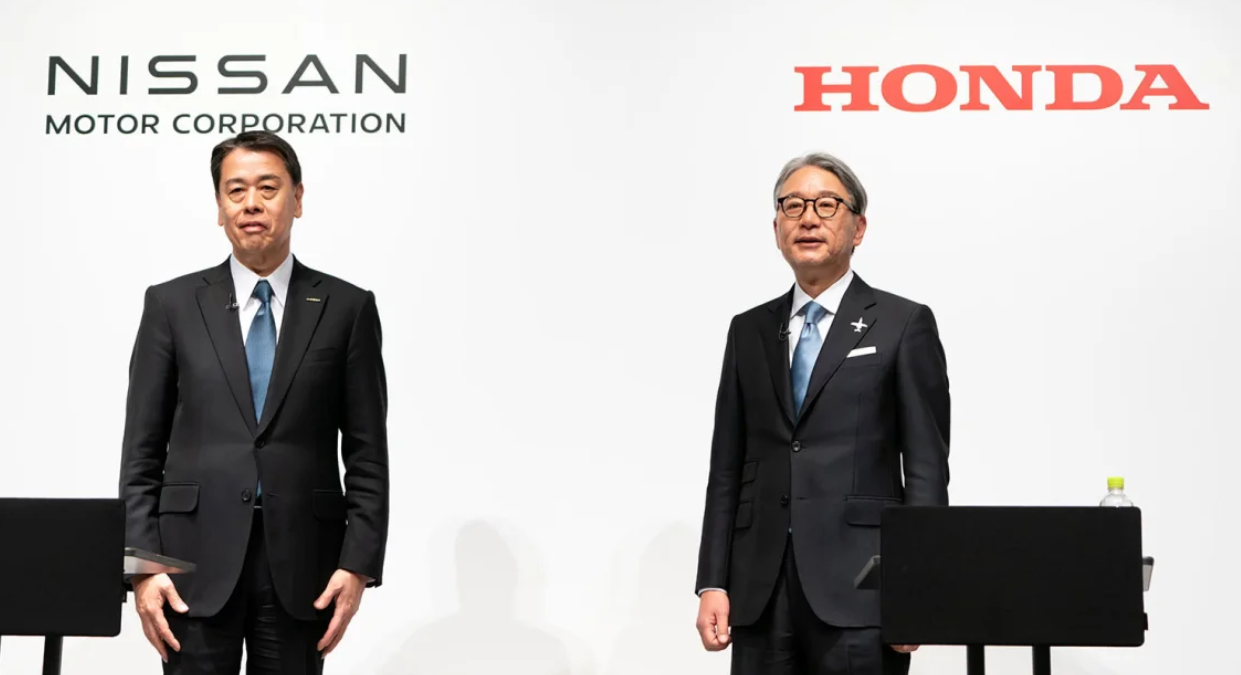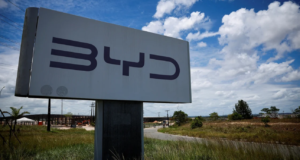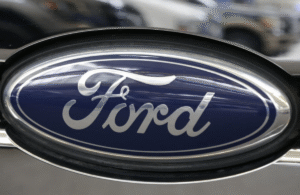Honda and Nissan are in discussions about a potential merger, which could unite two major Japanese automakers facing recent challenges. The companies confirmed the talks in a statement, but provided no specifics on the details or timeline for any potential deal. It’s also unclear what form the potential partnership might take.
“As announced in March, Honda and Nissan are exploring various opportunities for future collaboration, leveraging each other’s strengths,” the companies stated. “Any updates will be shared with our stakeholders at the appropriate time.”
Honda and Nissan have also confirmed that Mitsubishi is involved in the preliminary discussions, potentially bringing a third major Japanese automaker into the talks. Mitsubishi has not responded to requests for comment.
Earlier this year, Honda and Nissan announced plans to collaborate on electric vehicles, and in August, they revealed they would also work together on battery technology. However, both companies may benefit from strengthening their partnership, as they have faced challenges in recent months.
Like many non-Chinese automakers, both Honda and Nissan have struggled in the once-promising Chinese market, the world’s largest for cars. While foreign brands initially attracted Chinese consumers, domestic brands are now more popular due to their perceived better value. Additionally, China’s government has introduced incentives to boost the adoption of electric vehicles and plug-in hybrids.
Both Honda and Nissan offer electric vehicles (EVs) and plug-in hybrids, with Nissan being an early leader in EV technology. However, Chinese brands like BYD have surpassed their technology and offer more affordable prices.
Nissan has also faced difficulties since its former CEO, Carlos Ghosn, became a fugitive after fleeing Japan for Lebanon. Ghosn was arrested in 2018 on charges of financial misconduct, which he denies, and was later fired by Nissan. His removal disrupted the alliance between Nissan, Renault, and Mitsubishi, once the largest automaking partnership globally. Renault has since reduced its stake in Nissan, weakening the Japanese company.
Nissan reported a 90% drop in operating income between March and September compared to the same period last year.
Meanwhile, Honda, which is about five times the size of Nissan, also faces its own set of challenges. The company has committed to selling only zero-emission vehicles in major markets by 2040. However, the shift has been slow due to factors like low gas prices, lack of charging infrastructure, and growing competition, all of which have hindered the demand for EVs in markets such as the U.S. and Europe.














